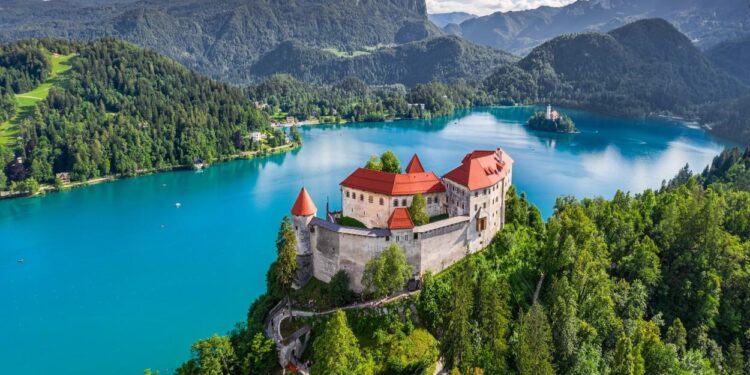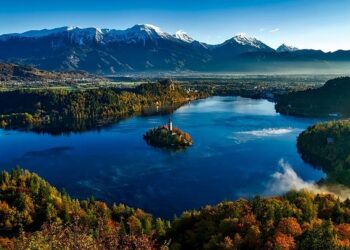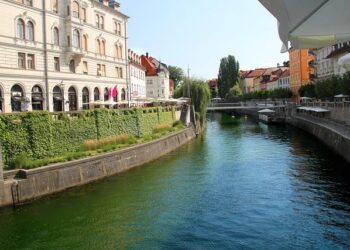Slovenia has officially launched its new digital nomad visa, aiming to attract remote workers from around the globe to experience the country’s vibrant culture and stunning landscapes. This initiative positions Slovenia as a competitive destination in the growing market of remote work, offering a streamlined visa process and a range of incentives designed to support digital nomads. In this article, we break down all the essential details about the visa, including eligibility criteria, application procedures, and the benefits it brings for both visitors and the local economy.
Slovenia’s Digital Nomad Visa Explained What Applicants Should Prepare Before Applying Key Benefits and Challenges of Living in Slovenia as a Digital Nomad
The application process for Slovenia’s digital nomad visa requires careful preparation. Applicants must provide proof of remote work, such as an employment contract or freelance agreement, valid for at least one year. Additionally, evidence of sufficient monthly income-currently set at a minimum of ‚ā¨2,200-is mandatory to demonstrate financial self-sufficiency. Health insurance covering the entire duration of the stay is also required. Key documents include a valid passport, police clearance certificates, and proof of accommodation within Slovenia. Ensuring all paperwork is complete and accurate can streamline approval, which typically takes up to 30 days.
Living in Slovenia as a digital nomad offers a unique blend of benefits and challenges. On the plus side, residents enjoy a high quality of life, affordable living costs compared to Western Europe, and stunning natural landscapes ideal for outdoor activities. The country’s reliable internet infrastructure caters well to remote workers, while a growing co-working community provides ample networking opportunities. However, nomads should be mindful of the slightly complex bureaucracy and occasional language barriers outside urban areas, which can complicate daily tasks. Below is a brief overview summarizing the essentials:
| Benefits | Challenges |
|---|---|
| Affordable cost of living | Language barriers in rural areas |
| EU legal framework and safety | Lengthy administrative procedures |
| Rich cultural and natural environment | Limited international flight connections |
| Strong digital infrastructure | Seasonal tourism can cause price spikes |
In Conclusion
As Slovenia embraces the growing digital nomad trend with its newly introduced visa, the country positions itself as an attractive hub for remote workers seeking a blend of natural beauty, rich culture, and modern infrastructure. This initiative not only aims to boost the local economy but also reflects a broader shift towards flexible work arrangements in a post-pandemic world. For digital nomads considering their next destination, Slovenia’s new visa offers a promising opportunity to live and work legally while exploring one of Europe’s most picturesque and welcoming countries. Stay tuned to Euronews for further updates on how this policy develops and impacts the region.
















